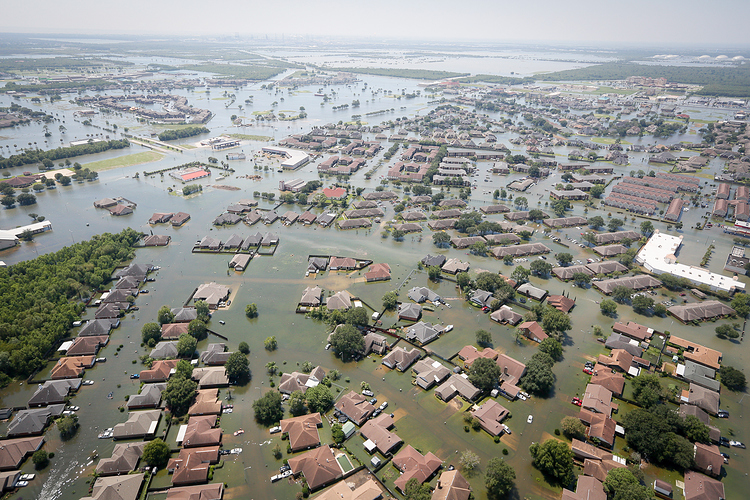Writing in the April issue of the Brooklyn Rail, Natalie Baker, a professor of security studies, argues that disaster preparedness, on both a government and individual level, does little to protect people and property from the ravages of hurricanes and earthquakes. It’s real function, she suggests, is to give us a false sense of security and control. Baker writes that those most likely to be killed or injured in a natural disaster are not those who are least “prepared,” but rather those who are vulnerable in times of non-disaster—the poor, the elderly, the sick. Read an excerpt from Baker’s piece below, or the full text here.
The reality of disaster is—in general—that if you and your loved ones don’t die, you’ll continue to live. Your life might suck a little or a lot, depending on your context, but mostly on the extent of your means, and I underscore the latter. However, the common notion of preparedness as espoused by authorities in the media and emergency management entities is connected to the concept of resilience—which is the gold standard of human behavior in crisis situations. There is an intense focus in disaster practice circles on figuring out how to “build resilience,” only to neglect the pre-existing strengths of even the most disadvantaged people when it stares them in the face. Further, academics have come to little consensus on what even constitutes disaster, let alone what it means to be prepared for it or to respond successfully. Yet American society still persists in an almost religious belief that preparedness as connected to resilience is the answer to a future problem of disaster. It is not.
Preparedness is an ideology, or fantasy, and never really works in practice, at least as demonstrated in scientific research. This assertion feels scary to many, even to the very scholars and practitioners who understand the science. Yet, scholars in multiple fields that range from artificial intelligence, organizational studies, and disaster research even, have essentially shown that planning and preparedness, as related practices, serve more to provide a framework for human action than dictate it. What matters most, they argue, is ability to adapt in context. Empirical studies on a range of disasters also indicate this assertion is true. For example, I have been to countless practitioner and academic conferences that directly connect a need to bring planning and preparedness practices and connected knowledge, to disaster vulnerable communities. Here, the goal is to pass off information to such groups, like those of little means, as a way to hand the responsibility of response to them so they can make themselves disaster resilient. Again, research on how disasters unfold, and their short and long-term consequences demonstrate this practice is a waste of time. There are many reasons preparedness doesn’t really work—mainly, because preparedness and associated acts of planning cannot account for the dynamic nature of human social life, which is especially heightened in times of extreme stress.
Image: Houston, Texas after Hurricane Harvey swept through the city, August 2017. Via Wikipedia.
